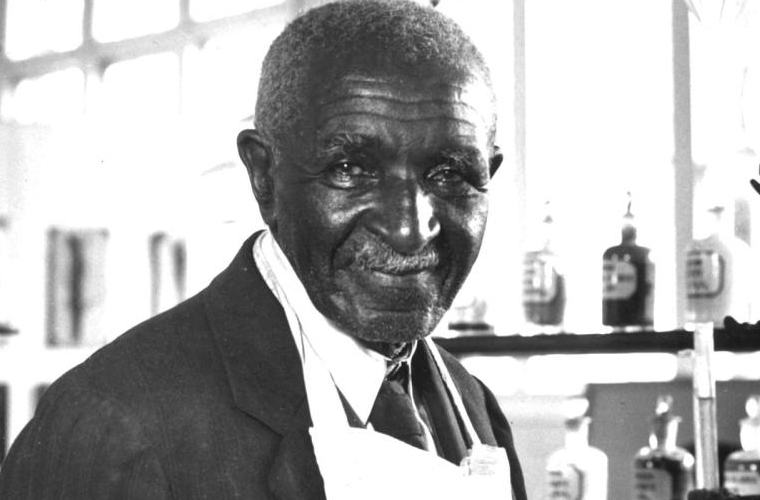George Washington Carver was an American agricultural scientist and inventor who made significant contributions to the fields of agriculture and botany. Born into slavery in the 1860s, Carver overcame numerous obstacles to become one of the most prominent and influential figures in American history.
Carver is best known for his work with peanuts, although his research and innovations extended far beyond this one crop. He developed over 300 different uses for peanuts, including peanut butter, peanut oil, and various other products. His work with peanuts helped to revitalize the agricultural economy in the southern United States, which had been devastated by the depletion of soil nutrients due to cotton farming.
In addition to his work with peanuts, Carver also made significant contributions to the study of crop rotation and soil conservation. He advocated for the use of alternative crops such as sweet potatoes and soybeans to replenish soil nutrients and improve agricultural sustainability.
Carver’s research and innovations were not limited to agriculture. He also made important contributions to the field of botany, conducting extensive research on plant diseases, soil composition, and the nutritional properties of various plants. His work laid the foundation for modern agricultural science and helped to improve the lives of countless farmers and consumers.
In addition to his scientific accomplishments, Carver was a passionate advocate for racial equality and education. He believed that education was the key to overcoming racial inequality and poverty, and he dedicated much of his life to teaching and mentoring students. He also played a significant role in promoting scientific education among African Americans, inspiring future generations of scientists and innovators.
Carver’s legacy continues to inspire and influence scientists, educators, and agriculturalists around the world. His innovative spirit, dedication to education, and commitment to improving the lives of others make him a true icon of American history. George Washington Carver’s contributions to agriculture, botany, and education have left an indelible mark on the world, and his legacy will continue to inspire future generations for years to come.


